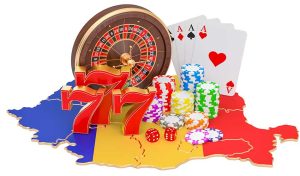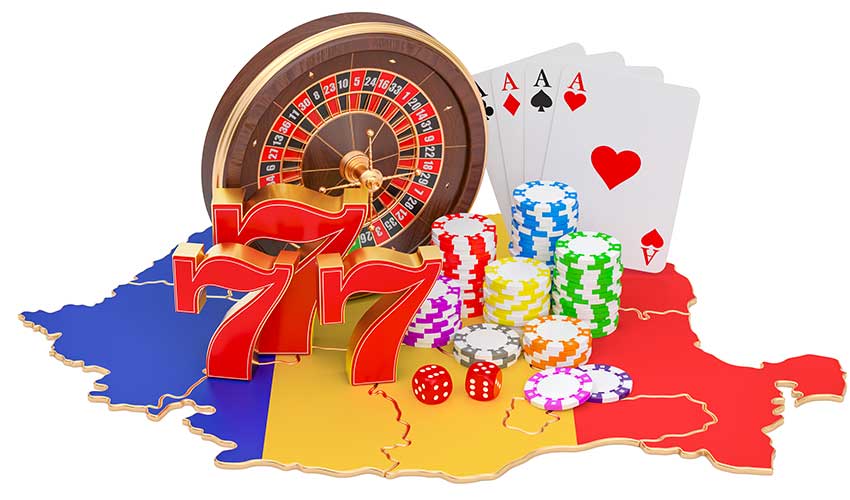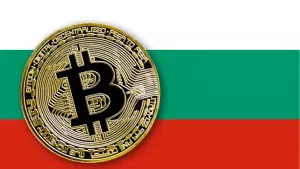
Gambling License in Romania
Gambling businesses are flocking to Romania due to the country’s highly favorable profit margins. its gambling operational costs are lower, and the growing market of enthusiastic gamblers further enhances this financial advantage. However, companies that want to work in this environment must obtain a gambling license. Continue reading to learn more about this license. Overview of Romania’s Legal Framework For Gambling The National Gambling Office (or ONJN) oversees the gambling activities in Romania. Businesses must meet strict rules to get a Romania gambling license. The laws ensure gambling is fair and customers are protected. Violations can lead to fines or the loss of the license. This includes сovering financial stability, handling player protection, adherence to responsible gambling measures and compliance with technical standards. Benefits of a Romania Gambling License The benefits of obtaining this permit include: Legality Gambling license in Romania lets businesses legally offer gambling services in the country. It ensures they follow local laws and avoid legal problems. Legality To run a business successfully, a company needs a market, flexible regulations, a low tax rate, and support from the respective authority. Gibraltar fulfills all of these, and that’s why gambling companies opt for this region. In addition, there are several advantages to obtaining a Gibraltar Gambling licence, which is provided below. Market Access With an online gambling license in Romania, businesses gain access to the vibrant Romanian gambling market. This market has a sizable consumer base and a growing demand for the services. EU Expansion Romania is a member of the EU. Holding this permit can serve as a gateway to other EU countries. Companies are guaranteed expansion into the broader European market, subject to compliance with gambling legislation in other EU countries. Credibility The license enhances business credibility and trustworthiness. It shows compliance with strict regulatory standards and a commitment to player protection and responsible gambling. Consumer Trust Players regard authorized companies as more trustworthy. These companies operate within legal regulations and offer a safe and fair gaming environment. Operational Integrity Obtaining this permit ensures working integrity and accountability by meeting strict criteria related to financial stability, technical standards and player protection measures. Types of Gambling Activities Regulated in Romania In Romania, both land-based and online gambling activities are regulated. In this article, we will focus only on the online gambling activities. These activities can be divided into two general categories depending on who is the customer of the online gambling business – end user (player) or other business. B2C online gambling activities This type involves interaction with players who are placing bets or playing gambling games over the internet. These games include online casinos (covers online poker, online slot-machine gaming and live games), betting (fixed-odds betting, exchange betting, and mutual (pari-mutuel) betting), online bingo. Such novel forms of gambling as social casinos or fantasy sports are not expressly regulated under Romanian gambling laws, but they might fall into the scope of regulated activities if elements of such games fulfill the mandatory conditions of gambling (offering to a public, fee to enter a game, a random selection of outcomes and possibility to win a monetary prize). The companies aiming to carry out the mentioned activities shall apply for the Class I gambling license. B2B online gambling activities This type involves activities related to the supply of services to the licensed B2C operators in Romania. The following types of companies are regulated as B2B providers in Romania manufacturers, distributors and other entities performing activities with gaming qualities or gaming components, software providers, providers of platform management and hosting services, providers of live casino streaming services, certification laboratories, auditors and conformity assessment bodies, payment processors and marketing affiliates. To be able to offer the above services in Romania, a company shall apply for the Class II gambling license. Licensing Authorities and Their Roles Romania’s main gambling and betting authority is the National Gambling Office. It plays a central role in ensuring businesses follow the laws and maintain integrity in the market. The ONJN is responsible for issuing licenses, regulating the industry, enforcing compliance with laws, and promoting responsible practices. Requirements for Obtaining a Betting License in Romania Operators must meet the strict ONJN rules such as listed below Jurisdiction of a company Under local rules, only a company incorporated in Romania or the EU, EEA, or Swiss Confederation may apply for a B2C (or Class 1) license in Romania. B2B gambling licenses can be obtained for a company based outside the EU. Funding Within the application process, it would be necessary to demonstrate that an applicant have enough money to cover costs like prize payouts and taxes. Certified licensed gambling software and technical infrastructure Licensed B2C operators in Romania can use gambling software that meets specific standards to ensure fair and secure games. For this reason, the IT systems and gambling software of the applicant must be certified by the certification bodies holding Class II licenses in Romania. Responsible gambling measures Licensed companies shall implement player protection measures such as checking their age and offering help for problem activities and policies to encourage responsible gaming and prevent addiction. Compliance with laws Regulated businesses shall obey all gambling-related laws, including taxes, advertising, and preventing illegal transactions, run their business transparently, and stick to their license conditions. Documentation and Application Process The steps below will help you obtain a Romania gaming license. Incorporation of a company and preparation of necessary documents At first, you will need to create a company and then gather all the necessary documentation required for the application process. This may include legal documents, financial statements, technical specifications for gaming equipment and software, policies related to player protection and responsible betting. Application Submission Submit the application to the ONJN. The application must be accurate to avoid delays. It shall be noted that formal procedure requires applicants to apply for the license itself and also for authorization. Evaluation The ONJN reviews the application to assess compliance. Inspection The ONJN may inspect and audit the operator’s premises and operations



